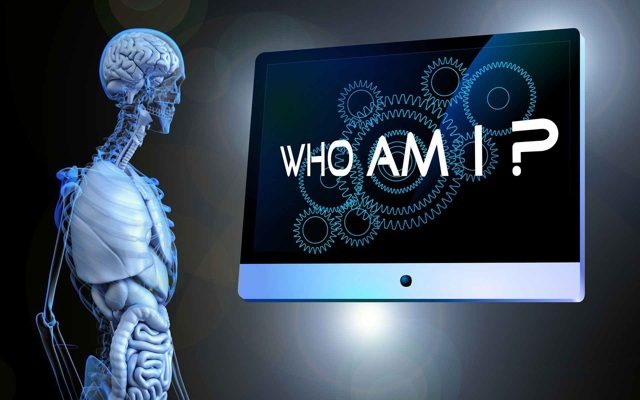We have been using robots for industrial or manufacturing purposes for quite some time now. Recently, we have begun using robots for companionship at home (Pepper Robots by SoftBank Robotics). STEM toys such as Cozmo robots are very popular among children and their parents. Robots capable of doing household chores (known as home or domestic robots) for you will be available for mainstream consumers within a very short time. We have seen physical androids (Sophia by Hanson Robotics, ASIMO by Honda) in action already. But the Science and technology related to Robots go far beyond that. Artificial intelligence can make robots feel or even be self-aware! If that happens, what will be its implication for Humankind? Android (human shaped intelligent robot) has become a very popular term these days just like Robot has been. Though we are familiar with these terms, but our ideas about android and robots are still somewhat vague and mostly based on the science fiction movies we watch. I think in this age of androids in human history, we need to make our ideas clear.
Robot comes from the Czech word Robota, which means either a slave or a mechanical device that would help its master. In accordance to that particular interpretation, any automatic machine, with the capability of performing tasks as instructed by the master, is a Robot. You may find numerous examples of such robots in manufacturing plants located in upper world countries.
If you are thinking robots are recent invention, you are very wrong! The earliest description of the word ‘automata’, which means a mechanical device made in imitation of a human being, appears in Lie Zi text about a millennium before even Christ was born. Allegedly, a Chinese engineer named Yan Shi presented his king a life-size, human-shaped figure of his mechanical handiwork. So, the history of Robota, robot or automata goes long beyond our common perception about it’s origin. Did you know that the first humanoid robot exhibit was held in 1939? Did you know Japan has been leading country in robotics and that it built the first android, intelligent robot, named Wabot-1 in 1972?
We have Robotics, which is the science of designing and developing robots suitable for practical applications for automated manufacturing and non-manufacturing environments. The definition of robotics tells you a lot about robots and their effects in our life. Robotics have advanced a great deal and it has a long way to go, especially with the aid of AI.
Robots are often given the reprogram-ability. You can think of reprogram-ability in terms of firmware update. A firmware update on your mobile phone can get you a few added features on your existing device. Similarly if a robot is re-programmable, it can have new features or abilities later on. However, that is only possible when the robot has an integrated microprocessor chip interfaced with it. programmed instructions can be fed to the robot through that chip.
There are many things about Robots that are and will be far more superior than their creators, i.e., human. But one thing that Robots might lack is imagination (until the achievement of singularity of course). If (and that if is highly possible) Robots grow self-awareness and gain the power of imagination, there will be no holding them back. They will be far more superior than human. What will be the consequences of that? Till now our only safety precaution in building robots is based on the Laws of Robotics. Sir Issac Asimov created these laws that are philosophical in nature. Robotics, the branch of science accepts these laws.
First Law: A robot must not be harmful for human being or through inaction allow one to come to harm.
Second Law: A robot must always obey human beings unless it is in conflict with the first law.
Third Law: A robot must protect itself from harm unless that it is in conflict with the first and / or second law.
To us, robots are the means of performing multifarious activities for our welfare. However, when we incorporate AI in the robots (or even our computers, or mobile devices), what can we expect? AI can make robots feel or even be self-aware! Intelligent human robots or androids will be far more superior in physical ability as well as in knowledge. So, how will they react if they develop self-awareness? Perhaps you will say they might develop self-awareness but they will always lack in imagination. Maybe imagination is where human will supersede robots. But for how long? Until we achieve singularity? Some influential scientists and futurists believe that we will achieve singularity by 2045 (as advocated by Google’s director of Engineering, Ray Kurzweil)? Well, not for long it seems! So, the question again arises: will those three basic laws integrated in android chips be enough to hold them back? What will happen once they become conscious about their state of slavery?
These questions might sound like very far-fetched ideas; but we are already fairly equipped with the science and technologies to create such superior machines. We are already close to our cybernetic immortality as well. Still, if you think these are far-fetched ideas, you should at least consider the impact of home or domestic robots on human life? How will that affect you and your children in very short future? I have only one word to say – Prepare! Prepare for the age of androids and its implications for mankind!
I thank Mr. Ashiqul Islam Sudin (aisudin) for editing this post and adding a couple of insightful paragraphs, which in fact gave the article a new perspective.
